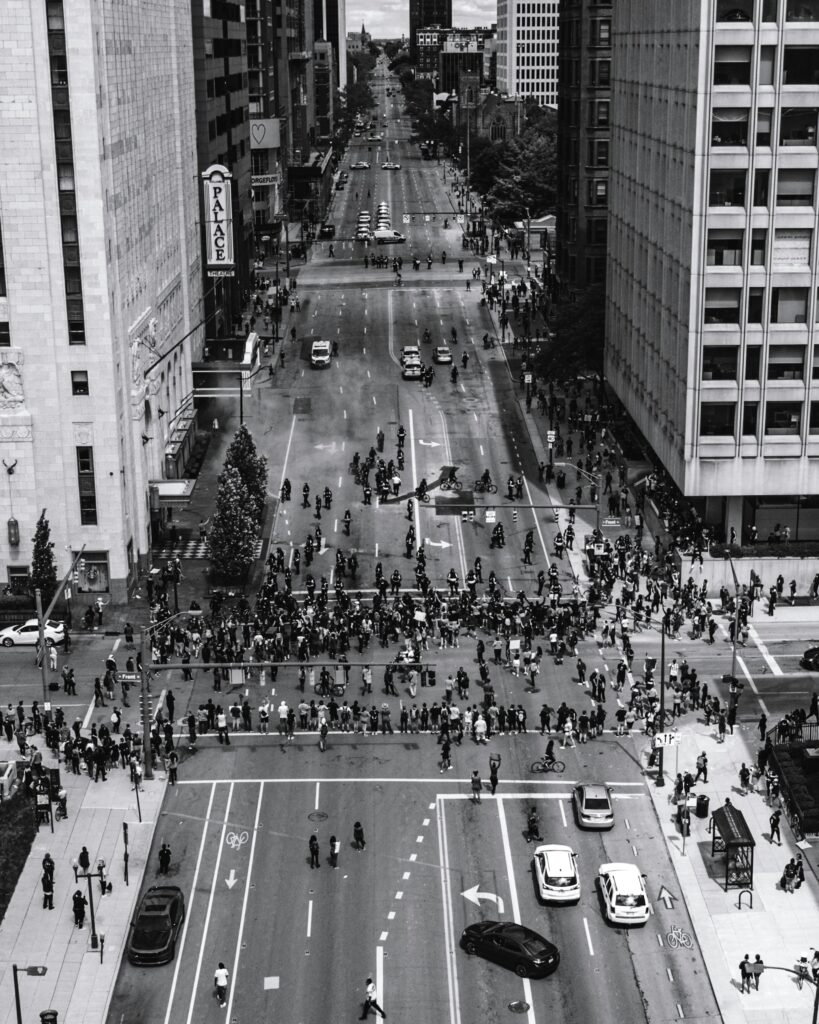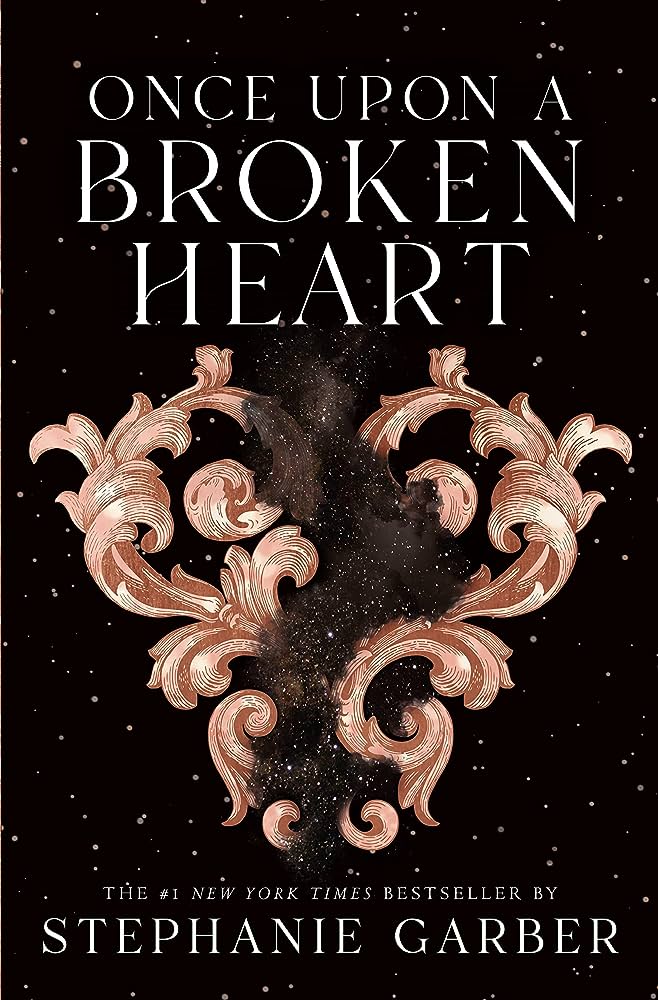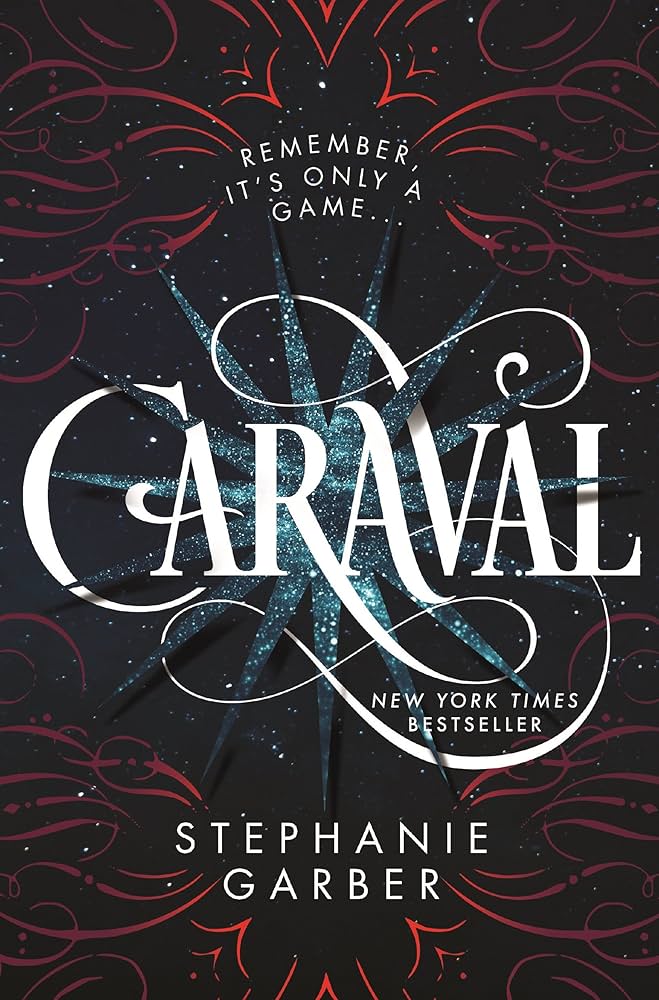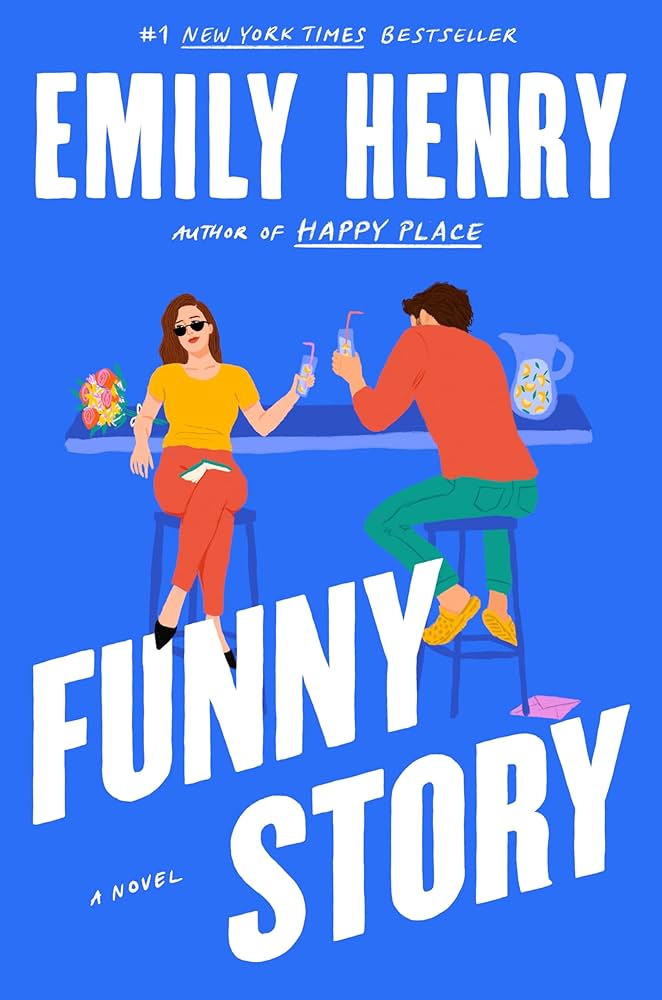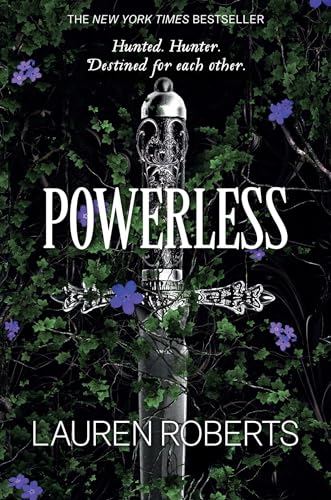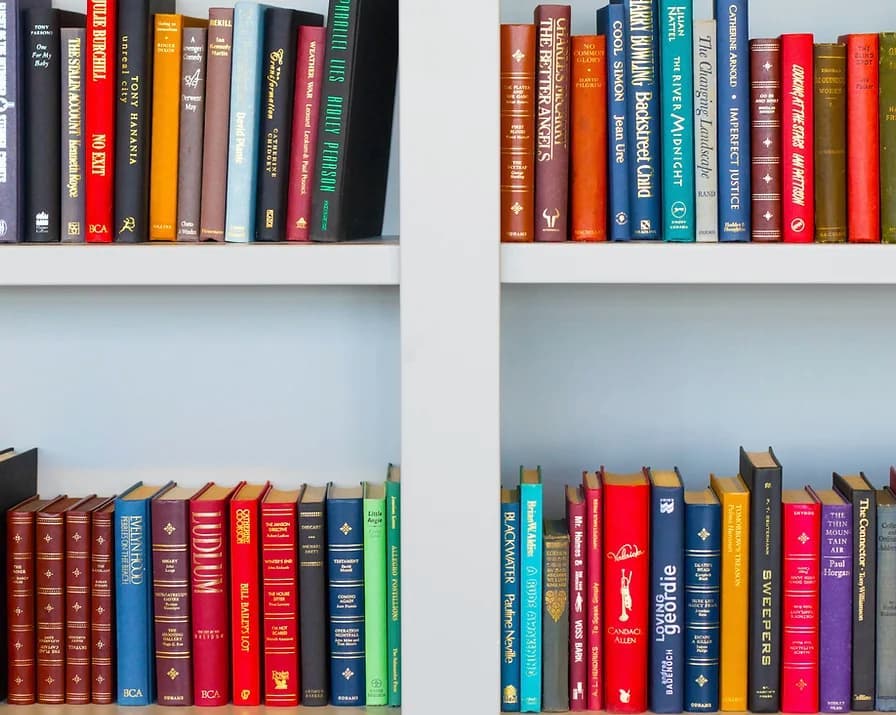Why Do We Treat People Unfairly: Exploring Human Nature and Injustice
Our world lies in the hands of discrimination, injustice, inequality, and disparities. These have been everyday struggles across the globe and for generations. Bryan Stevenson and many others have struggled to realize where the conception of unfairness derives from. The true essence of the question: Why do we treat others so poorly? The answer lies within understanding human nature, the various characteristics all humans almost inherit, and how the media distorts our reality. It’s a very likely assumption that human behavior and such can be altered, but old habits that have been embedded so deeply in our subconscious can die hard. The question of injustice stems from a many reasons, each highlighting and encompassing a plethora of aspects of day-to-day life.
Unfairness among humans doesn’t necessarily always have to come from natural, inherited, unchangeable traits. Being unjust can also come from adapting to environments. Though similar to human nature, learned traits can be changed by moving to various conditions. Adaptability comes as second nature to many people as our world is ever-changing, so beliefs and morals are heavily influenced by a multitude of factors like school, family, friends, work, etc. Suppose someone moves from a society reliant on democratic values, like many places in the North, to a highly conservative town in the South. In that case, it’s possible that their ideals can also be altered as they spend more time in their new location.
Power. Desire. Money. Hunger. Survival. All of these words provide profound context into the root of the problem, which Bryan Stevenson is struggling to decipher. These words explain why injustice traps humans and doesn’t let them go. Power is one of the leading causes of injustice’s prevalence throughout the United States. Everyone wants to be the greatest, the most successful, and someone who ultimately strives to be better than those around them. As odd as it may sound, this may be the reason racism is so apparent and why, in the past, it was held in such high regard. Sadly, most slaves were treated with highly harsh treatment and forced to labor in poor conditions because the average white man withheld their newfound power. Humans find joy in being the most powerful, prominent, and respected figure in society. It’s normalized to feel a wave of importance when realization hits about being at the top pillar of the human hierarchy. Power is the stem of the reason slaves were taken so much advantage of, it’s because they were helpless, resulting in their exploit. Slaves were an easy target to the more educated and refined families, leading to a higher influx of dominance.
The statement that discrimination is an inherited human action rings true in many situations. The fact that some people may deserve more respect and importance than others in some cases- is an unspoken rule told unspokenly throughout families. Often subtly interpreted in parts of our society. George Orwell’s Animal Farm is an excellent example of this effect because it clearly depicts a culture where a select few usually take power and privilege. In contrast, others are almost left to fend for themselves. The pigs in this novel act as totalitarians, ultimately manipulating others and themselves into believing they deserve more luxuries because of authorities. They reinforced the idea that “some animals are more equal than others,” mirroring our real-world dynamics and how some humans are considered superior to others of the same species. One example of this is the caste system in India. For centuries, India was built off of the hierarchy of castes, which dictated daily life social norms, jobs, and marriage; this tradition was passed down through generations. This caused a divide between people and internal conflict as people of higher castes felt they were more deserving of opportunities, leaving those of the lower class with less respect and more marginalization. Typically, the same rights were not provided to lesser-status people, making the divide more apparent. This inherited discrimination led to ingrained but false beliefs of how humans operated and eventually embedded them into tradition. Similar to Animal Farm, where they perpetuate the same injustice.
Media distortion also plays a very significant factor in why humans mistreat one another; it twists untrue things into stereotypes, targeting disadvantaged groups. The media shapes people’s perceptions, reinforcing the already held beliefs about society. Media reporters often take small bits of the bigger story and turn it into a biased point of view, pinpointing certain character tics to a specific demographic. This versatile thing creates divisions among citizens, separating groups and exerting a harmful influence and narrative. One poignant example of this is George Floyd; his tragic death in 2020 sparked severe controversy and many Black Lives Matter protests. The media footage of Floyd brought a lot of attention, creating a harmful pattern of outlets repeatedly focusing on his background in a dangerous pattern, adjusting the blame towards him instead of the police officer. This doesn’t allow for proper addressing of systematic racism issues. Such media footage and selective storytelling representation result in intolerance of various perspectives and a biased representation.
Human nature, inherited traits, and the media’s influence all cause humans to judge others and treat them differently, causing us to treat others with less grace and more unfairness. The normalization of inequality is equivalent to the natural desire for power. In the media, it leads to despicable cultural norms that are unsafe for everyone, especially the poor and underprivileged, and condemned. Considering all of these is a small step towards true harmony and reconciliation between demographics; only after this will fostering love and understanding be viable. Afterward, true dignity and regard for all will be achieved.
